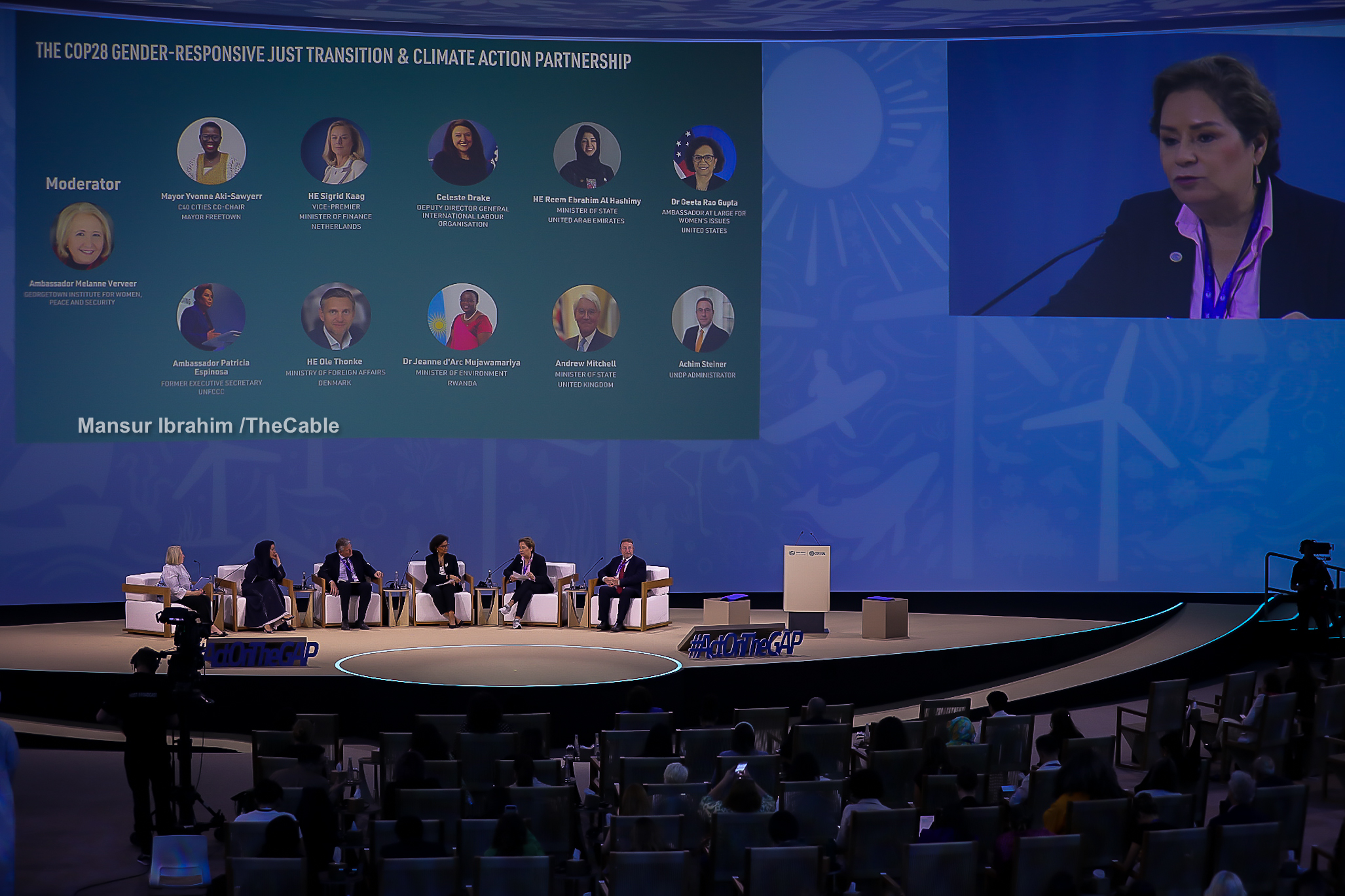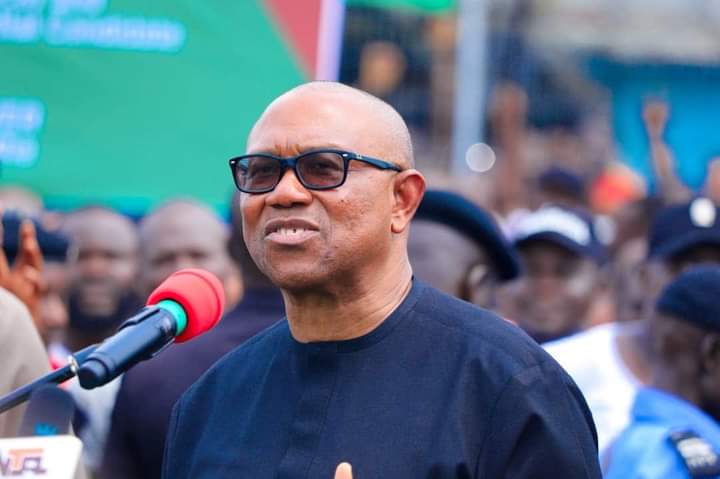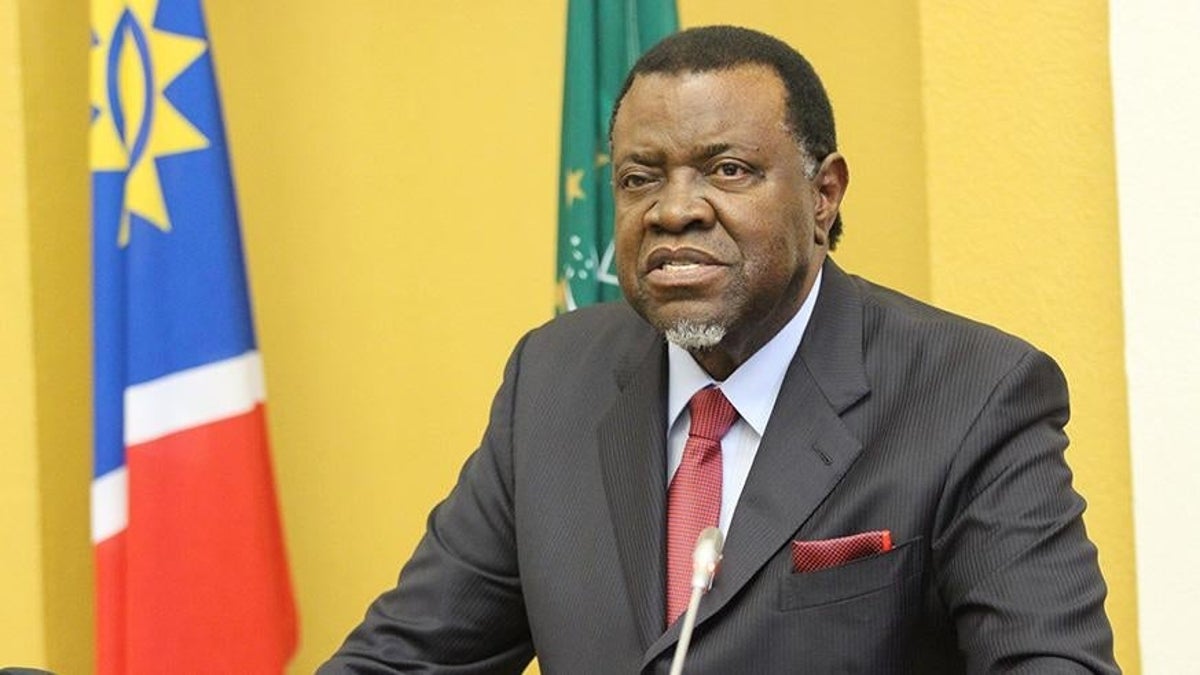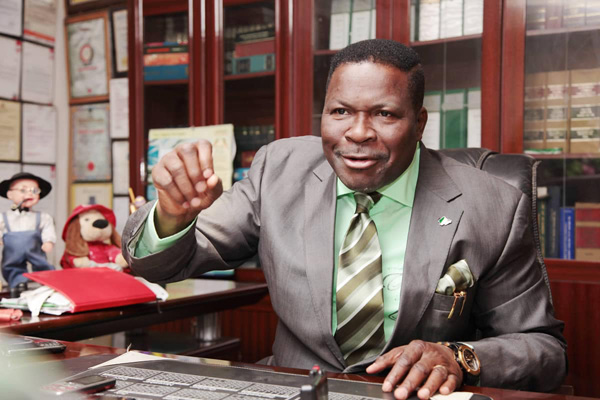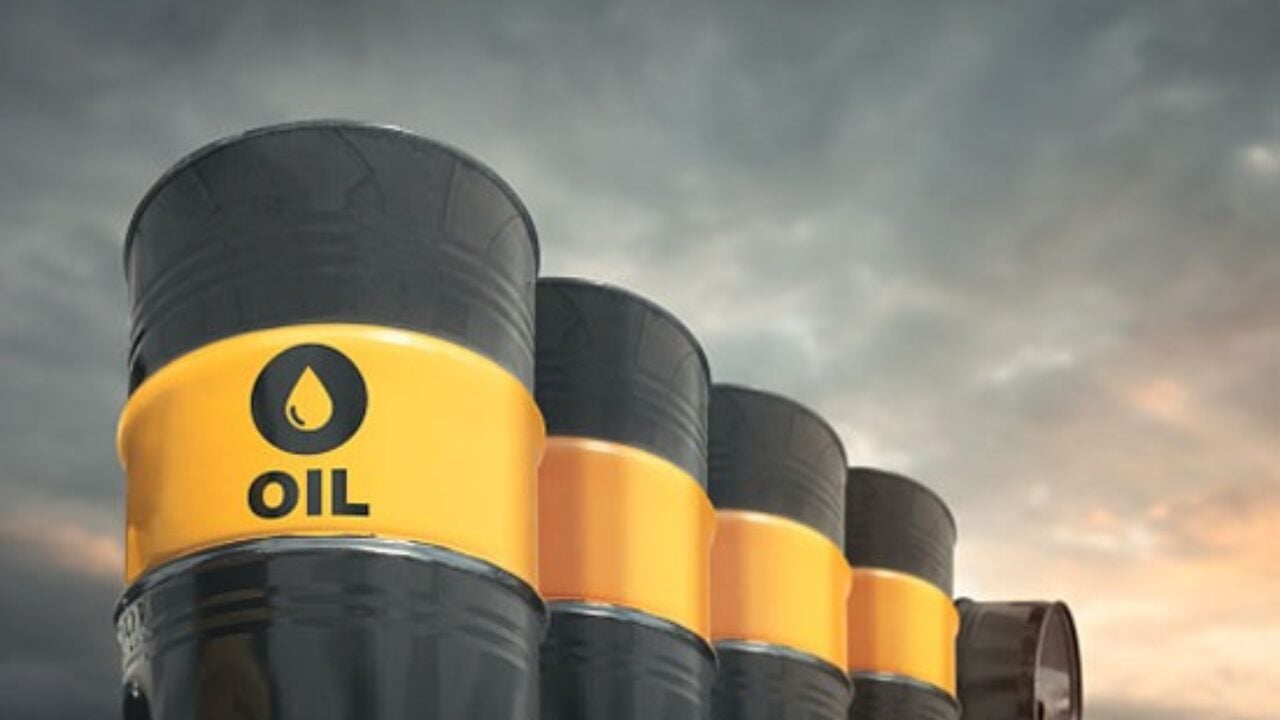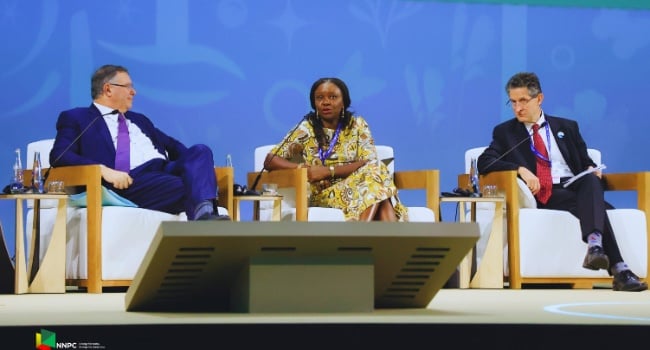
At COP28, over 60 countries, including Nigeria, endorsed the Gender Responsive Just Transitions and Climate Action Partnership (GRJTCAP).
The partnership includes commitments like actions on data, finance, and equal opportunities for women and gender-diverse groups.
The partnership which came into effect on December 4, the gender day at the conference, has been lauded by women groups who say it could move the needle as the world transitions to a low carbon economy.
Advertisement
Sima Bahous, UN Women executive director, said the rights of women and girls must be at the centre of climate action and that the global community “must ensure that women have a seat at the decision-making table”.
“We must strengthen inclusive decision-making so that the voices of feminists, youth, indigenous and other grassroots movements can be heard loud and clear from the local to the global level,” she said.
The activists said the need to push for equal rights for women in the face of the climate crisis has become inevitable because climate change is not gender-neutral as it disproportionately impacts women and girls, pushing back on the progress made on issues such as gender-based violence and child marriage.
Advertisement
A new report on ‘Feminist climate justice: a framework for action’ released by UN Women at the conference, showed that to address climate justice and place women at the centre, the world needs to consider the four dimensions of redistribution, recognition, reparation and representation.
“Climate justice requires the recognition and the respect of diverse identities, experiences and forms of knowledge; the redistribution of resources; and the representation and meaningful participation of women and marginalized groups in climate-related decision making,” the report reads.
“In addition, the intergenerational dimensions of climate change call for reparative justice, including reparations for past and future harm.”
‘DISAGGREGATED DATA IMPORTANT TO ADEQUATELY SUPPORT WOMEN’
Advertisement
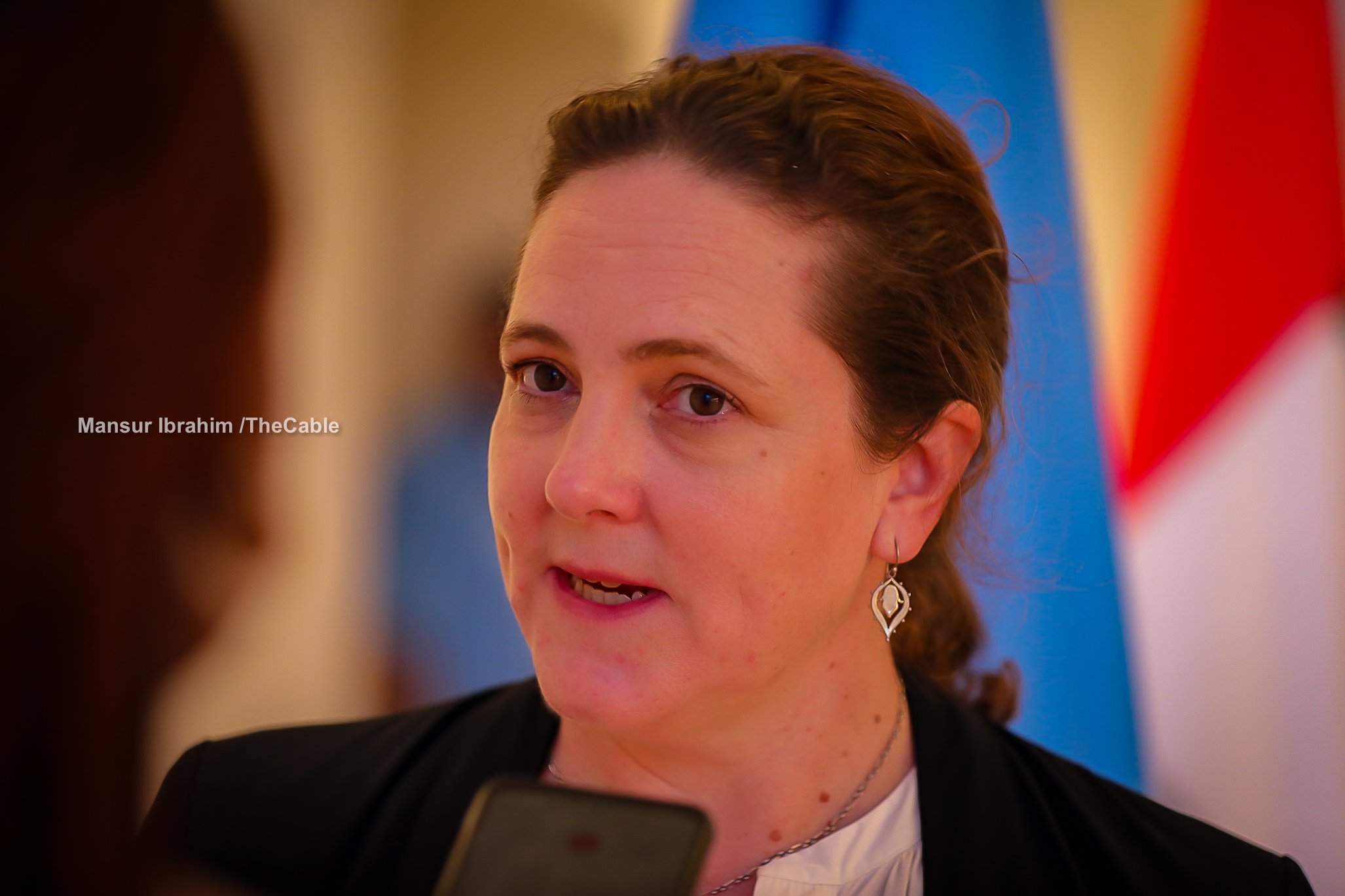
Referencing the report, Laura Turquet, deputy chief of research and data at UN Women, said to properly address the gaps, there is a need to disaggregate the data on how women are specifically impacted in the face of environmental degradation, and the amount of money that flows to gender equality.
“What we find with disasters is that there’s very little sex disaggregated data. One often hears that women are more impacted by disasters than men and think broadly. That’s true because women tend to be more likely to be illiterate or uneducated,” Turquet said.
“So they may not have access to emergency information that they need to inform themselves about what to do in the case of an emergency.
“But we don’t actually know because governments don’t collect that data in ways that can be sexist aggregators so that we really know the impact on women.”
Advertisement
She said UN women are working with national statistical systems to encourage them to do a lot more gender responsive data collection so that there’s better understanding of data to help inform governments in making the right gender-responsive policies.
Also, Priscilla Achakpa, founder, Women Environment Programme (WEP), said it is time for the government and emergency rescue organisations to start doing proper consultations and data disaggregation to understand the specific needs of women when offering assistance.
Advertisement
She said the usual practice of assuming what women want and providing generic assistance such as food, clothing and shelter should be restrategised to ensure that women and girls receive the aid that is specific to the challenges they face.
“Naturally where interventions should work, it will not work because the government does not do proper consultation with the people. They just assume that this is what people want,” she said.
Advertisement
“There are so many things that women need that they don’t attend to. For example, women need pads, they need toilets and water to clean up when they are menstruating.
“But most aids are based on blankets, food, shelter and that’s it. Even shelter, you need to disaggregate the age. Categorize them and cluster them based on their age range so that these women and children will be free.
Advertisement
“Government does not do that and they don’t even know it.
“So those are some of the things that I feel that going forward, if the government really wants to work and address the issues of emergencies and environmental challenges, they need to look at how they can partner with civil society organisations.”
‘EFFECTIVE CLIMATE POLICIES COULD CREATE 12M JOBS IN NIGERIA BY 2035’
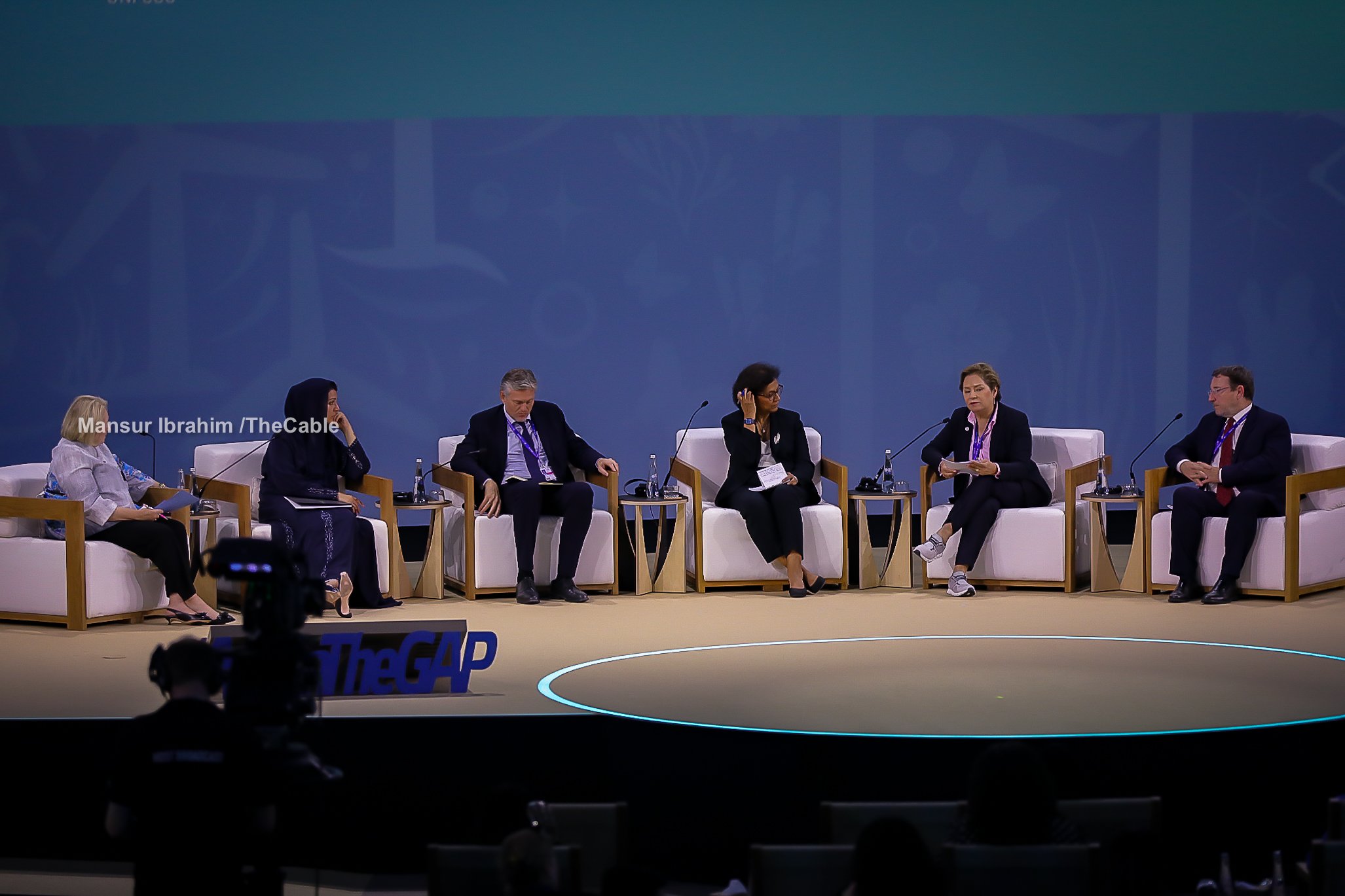
Also speaking as a panellist on a high-level dialogue on ‘Gender-Responsive Just Transitions and Climate Finance’, Celeste Drake, deputy director-general of the International Labour Organisation (ILO), made a case for a just transition that creates better and more inclusive jobs.
Drake said the ILO found that 1.2 billion jobs are at risk due to global warming and environmental degradation, and women are expected to be most impacted, due to their high representation in sectors particularly vulnerable to climate change.
However, she said that the ILO also found that effective climate policies “could create, by 2035, about 12 million jobs in Nigeria, or 15 million jobs across Latin America”.
Referring to statistics that showed female employment in renewable energy which stands at 32 to 40 percent is higher than the 22 percent representation in the oil and gas sector, Drake said the world must create equal opportunities for women in the jobs of the now and of the future.
She said: “Our action can either further entrench the gender inequalities that everyone on this panel has talked about, or they can chart a path toward a fairer, more inclusive, more sustainable economy that addresses the needs and values the contributions of women.”
